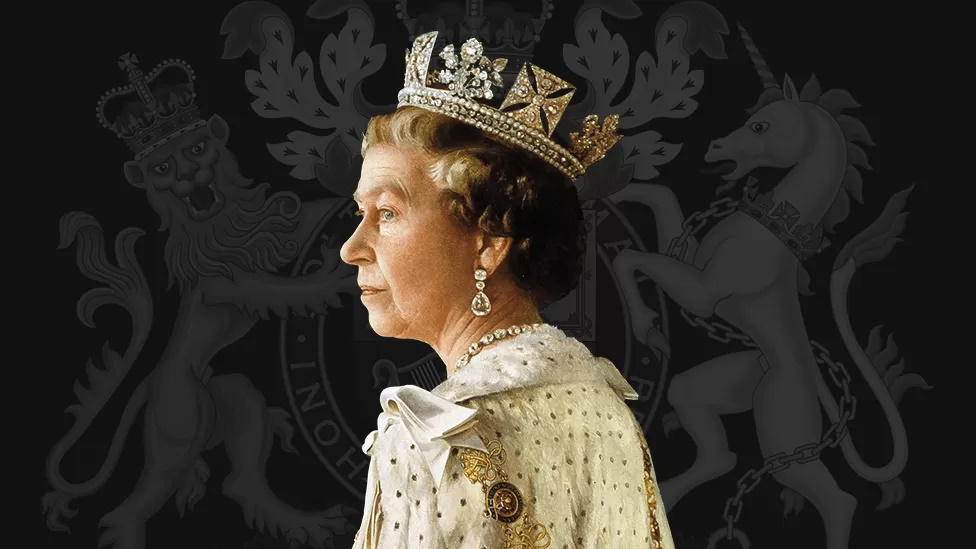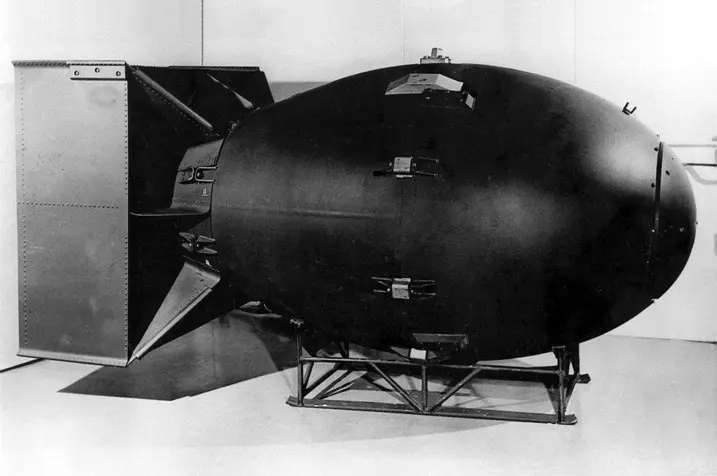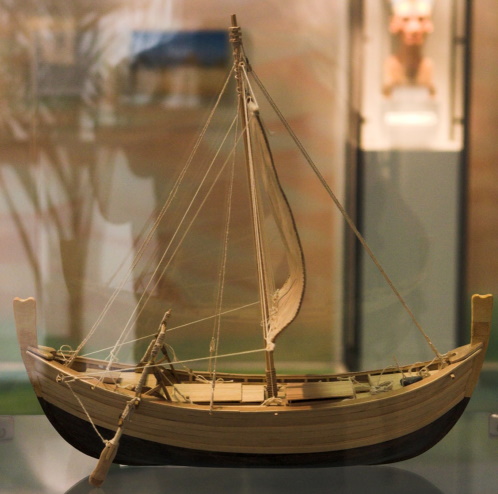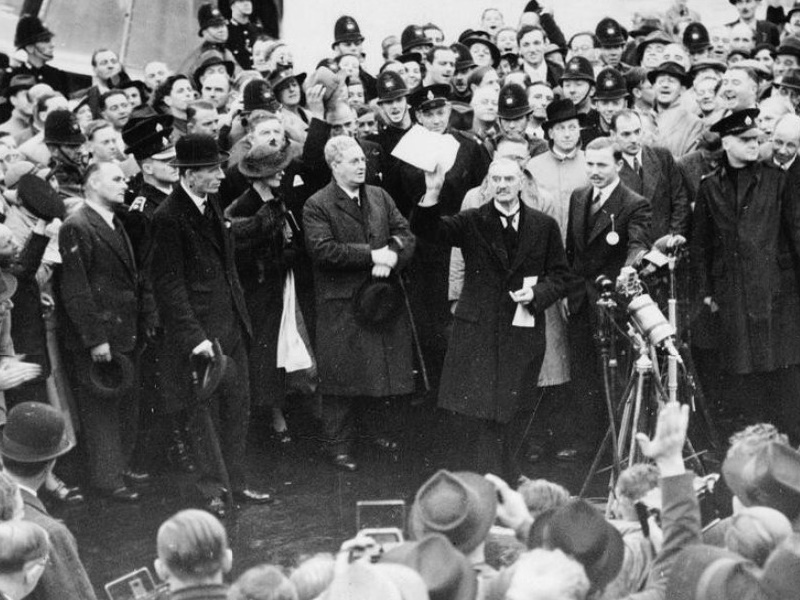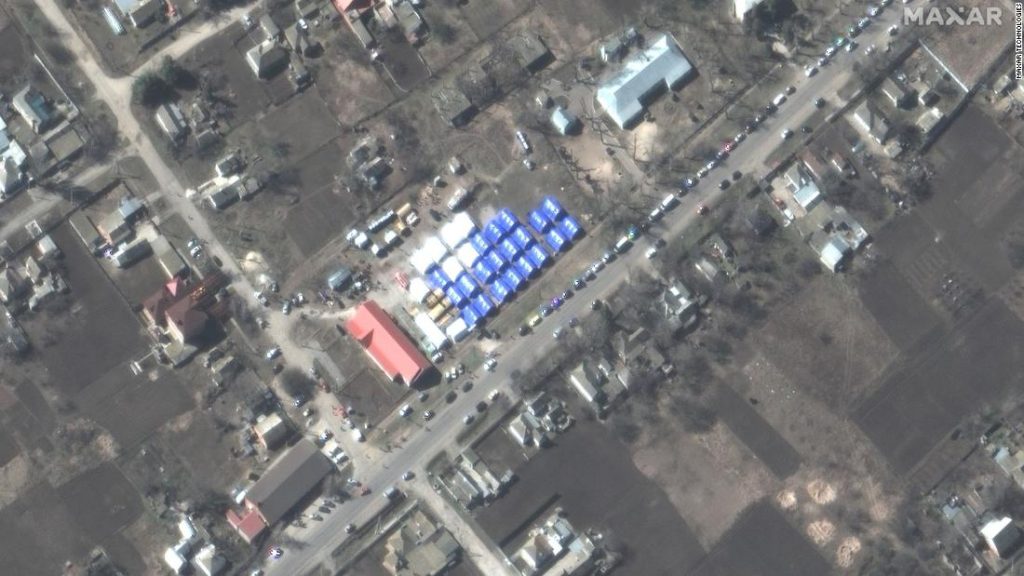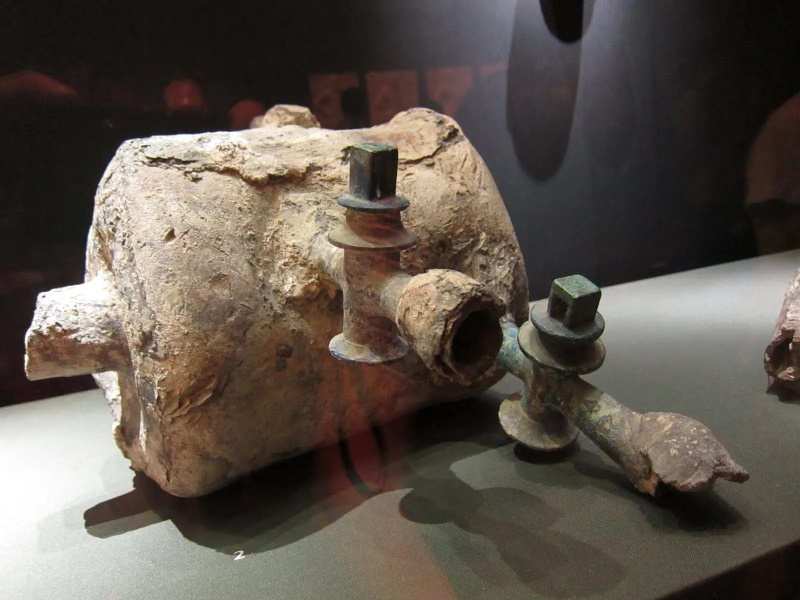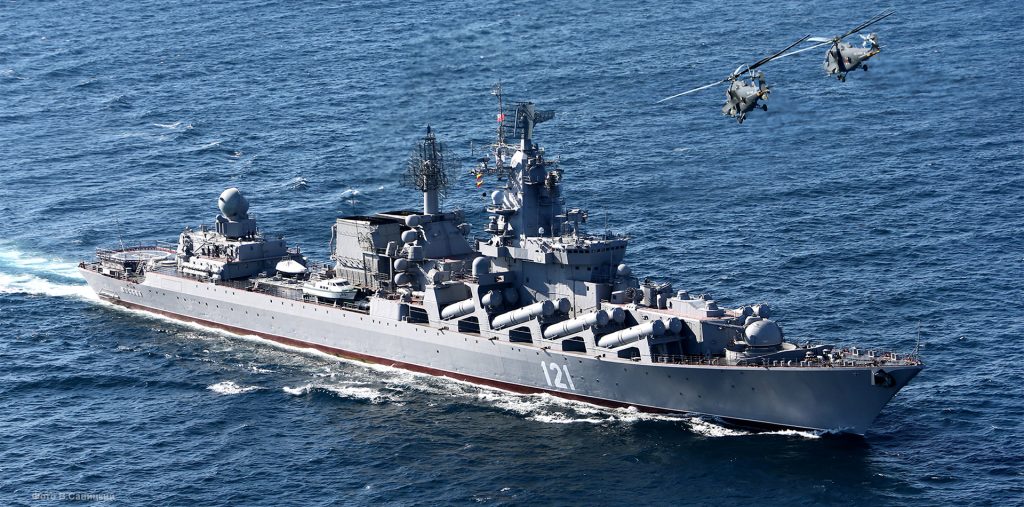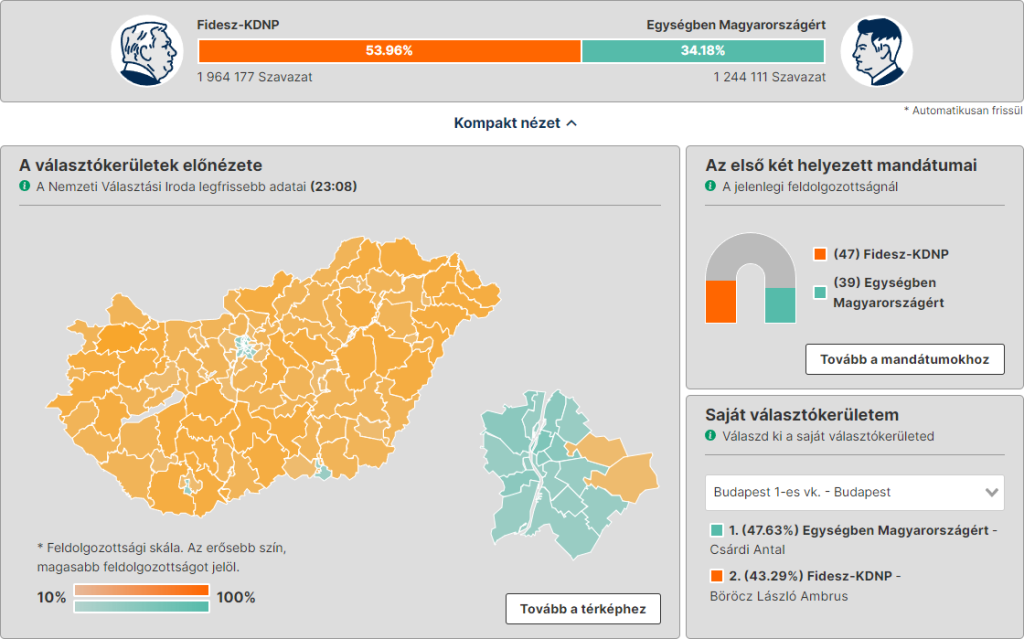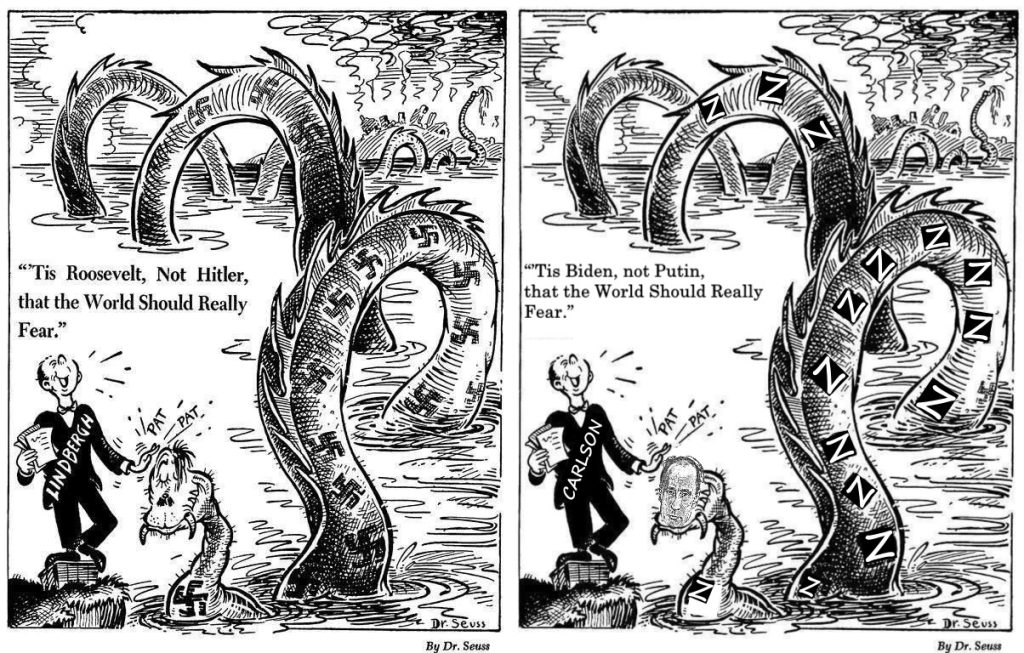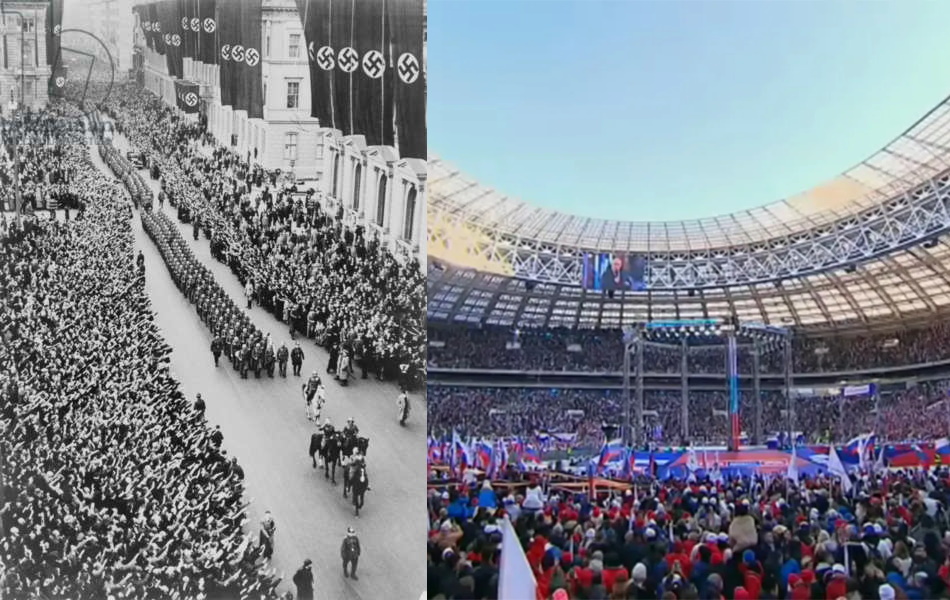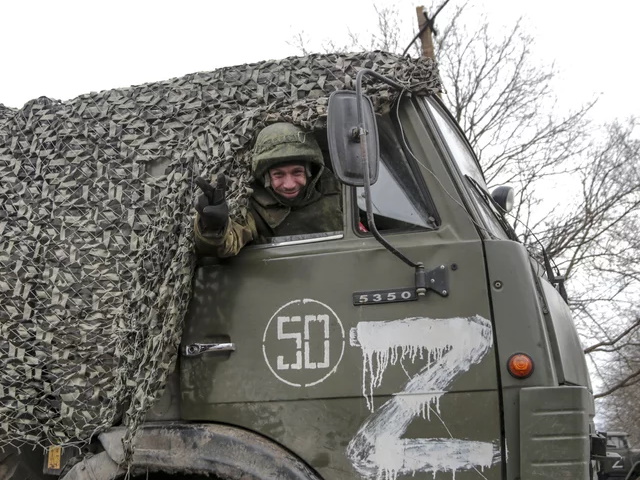One of the many novels by prolific 1930s Hungarian author Jenő Rejtő featured a horrific penal colony somewhere in colonial French Africa. Near the end of the novel, one of the minor protagonists, the military commander of the colony, already in retirement in Rome, recalls the past. As he enjoys the beautiful view from his window, he thinks that “and right now, Bahr el Sudan also exists for sure, and Tiguer, the corporal with the red moustache, is just now hanging a wet blanket, which smells like horses, over the window. This is a strange and unsettling notion.”
Sometimes I feel the same way, not so much with respect to distant places in the present, but distant places in the past.
Take this image, a montage of two photographs taken from a wonderful Hungarian photographic archive that someone just shared on Facebook, showing an intersection in downtown Budapest, not far from where I grew up.
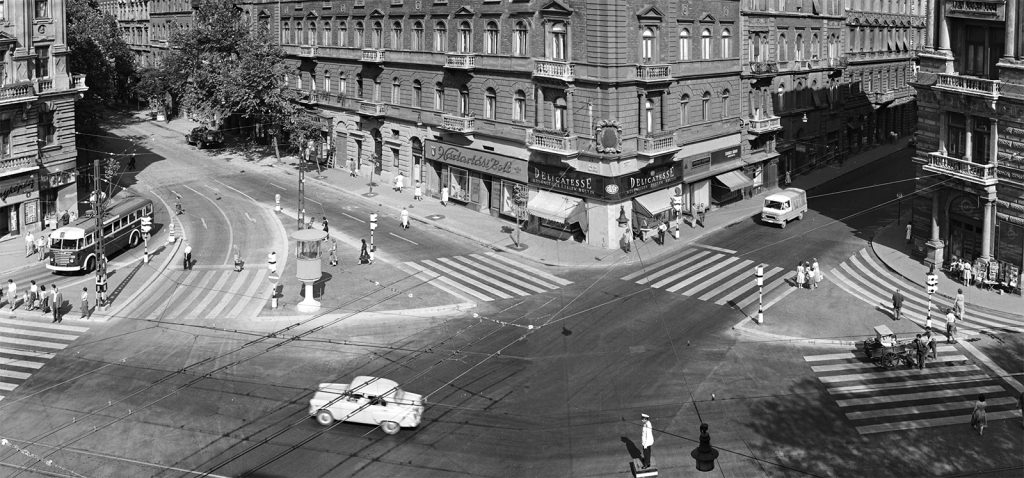
The picture predates us living there but not by much; it was taken in 1961, we moved there in 1967, but everything looked pretty much the same. I know this intersection like the back of my hand: the stores, the buildings, everything.
And when I view this image, it comes to life in my mind. It feels tangibly real. I can even smell the smells: the smell of freshly ground coffee (I even remember the noise made by the electric grinder) in that deli store on the corner, the smell of paint and household solvents permeating the hardware store next door. The sound made by those trolley buses as they rolled down the cobblestoned street (only the intersection was asphalt-paved at the time) as it even rattled our fourth-floor living room windows.
It all feels so real… it is a deeply unsettling thought that I am separated from what is depicted in this image not just by distance but also by time. The view that I am looking at is older than I am, as it was taken 62 years ago.
